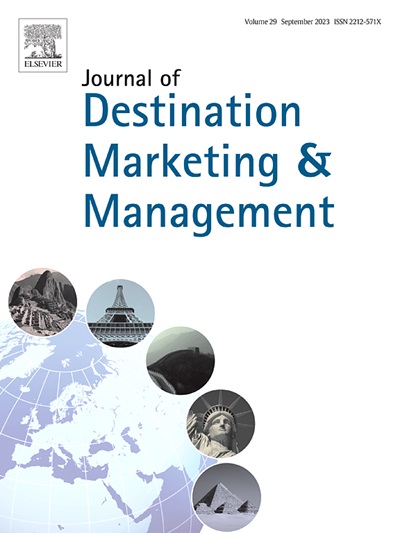South Korean DMZ tourists’ experience co-creation explained by motivation, interaction, and emotional solidarity
Abstract
Despite the military and political tensions surrounding the Korean Demilitarized Zone (DMZ), over 1.2 million individuals visit the destination each year. Considering various tourist motivations and the group-oriented tour setting at the DMZ and employing the Interaction Ritual Theory as a theoretical guide, this study examined how South Korean DMZ tourists' motivations and interaction led to emotional solidarity, thereby facilitating the co-creation of their DMZ experience. Study results (N = 409) revealed that politics and curiosity motivations significantly influenced their interaction, while knowledge and war motivations only impacted emotional solidarity. Emotional solidarity directly contributed to experience co-creation, whereas interaction only had an indirect impact mediated through emotional solidarity. The findings enrich the understanding of the distinctive roles of South Korean DMZ tourists' motivations and highlight interaction as a key in evaluating their experience co-creation. It especially offers new insights that emotional solidarity is a critical antecedent to experience co-creation. The findings provide government officials and destination managers with practical suggestions for further management and marketing of DMZ tourism. Future research can further consider group differences when testing the conceptual model—such as DMZ tourists' travel pattern (e.g., individuals or groups) or nationality (e.g., South Korean or foreigners)—and utilize qualitative research methods to complement the quantitative findings.

 求助内容:
求助内容: 应助结果提醒方式:
应助结果提醒方式:


